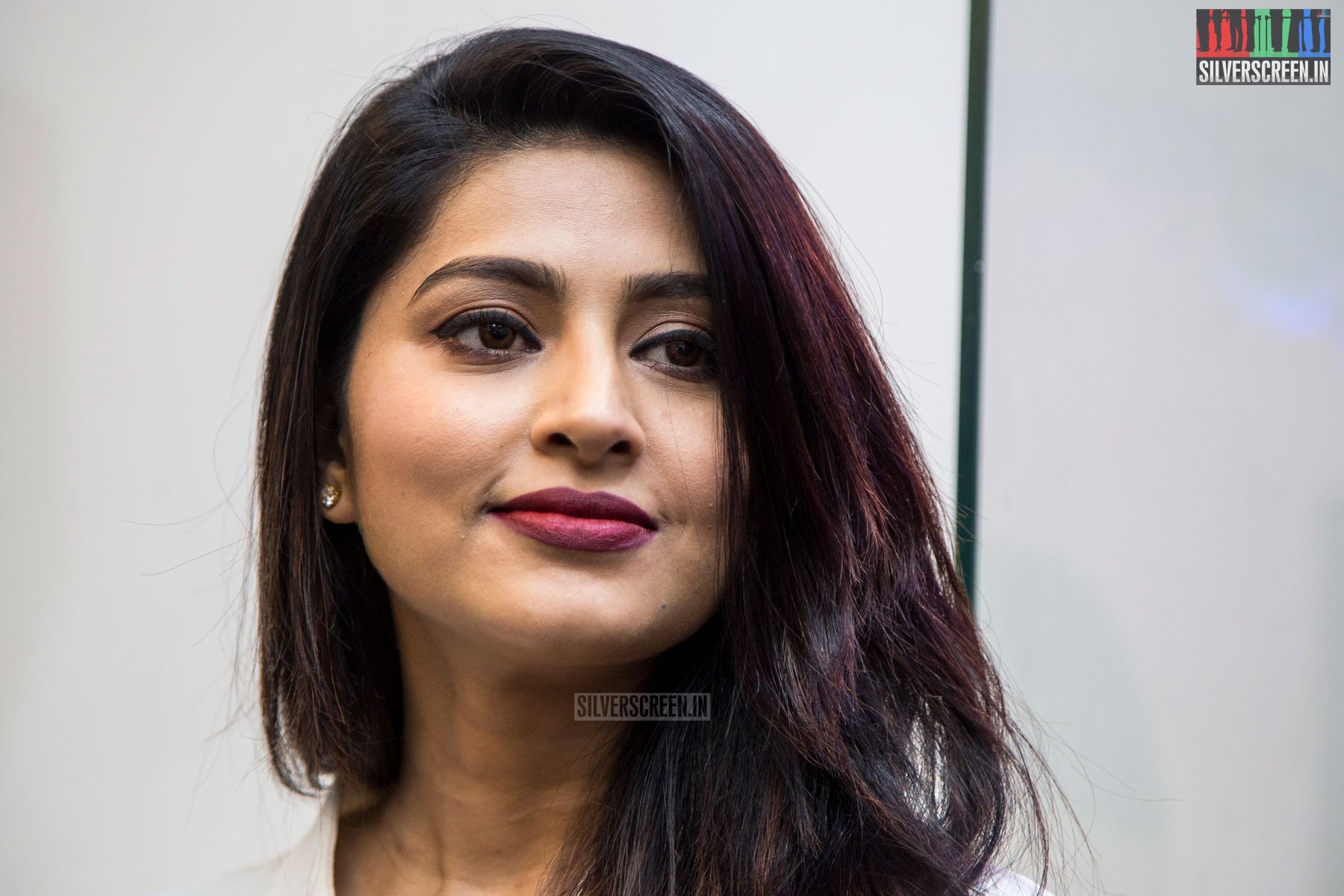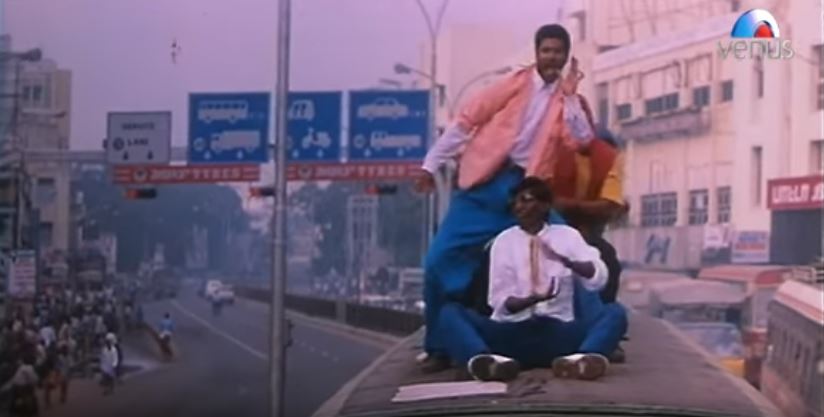Cast: Varun Dhawan, Anushka Sharma, Raghubir Yadav, Yamini Das
Director: Sharat Katariya
Sharat Katariya, in the beginning of Sui Dhaaga, does something that Pa. Ranjith did in Kaala. He uses a tracking shot traversing the household that introduces and gives us a shade of the major players in the story. The ones with all the stakes. The only difference is the size of the household. Kaala’s house, though modest looking, was immense and densely populated. In Sui Dhaaga, Mauji (Varun Dhawan) and Mamta (Anushka Sharma) live with Mauji’s parents, the father played by Raghubir Yadav and the mother played by a spirited Yamini Das. It is not only modest but also tiny. Where Ranjith had spacious rooms and tiny offices within a small bungalow, Katariya’s camera runs into walls and people as they are getting ready for the day, and he uses this to cheat a little bit for his shot. But it economically establishes who they are, what they do and how a normal day in Mauji’s household unfolds. More importantly, it establishes the distance between Mauji and Mamta, physically and emotionally, within the walls that threaten claustrophobia.
Sui Dhaaga is the second film this year that begins by thanking the Chief Minister of Madhya Pradesh, the first one being PadMan. It also has a suffix in its title – Made in India – as part of promoting the Make in India campaign of the central government. While it has a plot line and a couple of moments that reinforce the same, Katariya’s film is far subtle and less bothered with its push for this, compared to the other film that was, for all practical purposes, a PSA video for the government: Toilet: Ek Prem Katha. The ‘Made in India’ phrase is also used as a pun, replaced by Mad in India, to reflect the entrepreneurial ambitions of the lead couple. The film is more concerned about giving ownership and credit to local artisans, weavers and craftsmen and that is any day more tolerable than a thoughtless PSA video for a government campaign which, ostensibly, is a PR exercise.
Sharat Katariya keeps his strengths from his debut film Dum Laga Ke Haisha in that the couple dynamics is the most impressive element of Sui Dhaaga. We are repeatedly shown the distant nature of the husband-wife relationship between Mauji and Mamta, and it improves, not in overwhelming turn of events but in fits and starts, where the whole is more progressive than sum of its parts. Like in life. Katariya saves the contrivances to get to a point where he can develop this dynamic. Like how he shows Mauji’s subservient nature to his boss and his son, a bunch of characters that have no dimension and are as generic as they come. But once he gets Mamta communicating with Mauji, Katariya’s script soars till a point where he needs to rely on manipulation again.
Sui Dhaaga has the tendency to turn sappy at times, it is too preoccupied with its leads’ economical and familial condition that it forgets to stay consistent with the relationship at its core. Mamta sows the seeds for Mauji’s entrepreneurship – when they begin to talk to each other, they do so through a hole in the wall, a window that they’ve seldom opened so far in their marriage. Katariya takes his time with them – there is advice, exchange of ideas, physical and emotional labour shared between the two and this time investment goes a long way in making the moment when they finally hold each other’s hand a rewarding pivotal moment. Mamta keeps informing Mauji of their ascent – this is their first meal together, this is the first time he has given her a compliment. To have performers like Varun Dhawan and Anushka Sharma, and not worry about their lack of physical proximity must have taken a fair amount of patience.
Recommended
But to have Anushka Sharma brings in other problems. Raghubir Yadav has done this a thousand times over and he is completely at home as a small-town man with small-town sensibilities, trying hard to enjoy retirement. Yamini Das says less, does more and brings the house down with her gestures and monosyllables, a woman powerless and frustrated with everyone around her. Sharma is valiant and sincere here, her Mamta striking a fine balance between her vulnerability and iron will. But Sharma also doesn’t look the part. I kept wondering if Bhumi Pednekar would have been a better fit because Sharma’s cosmopolitan looks come in the way of her presence in these surroundings, her makeup and clothes more workmanlike and less natural. Varun Dhawan, on the other hand, is fast becoming the male actor with the widest range in Bollywood. He straddles the divide between the soulless metropolitan punk he plays in some of his other films and the rugged but grounded charmer with honest ambitions, with tremendous poise.
Sui Dhaaga does have the problem of reducing the characters outside of the family into caricatures. Like Guddu, such a believer in jugaad that one of his car doors is fully removable and instantly fixable by hand. While Sui Dhaaga ends with a crowd pleasing note, it also concludes with an idea that is noble in the head and in its implementation. Regular families, small town men and women, artistes and creators walking a ramp, a shot in the arm for body positivity. With Raghubir Yadav and Yamini Das nailing the walk and having a couple moment of their own.
****
The Sui Dhaaga review is a Silverscreen original article. It was not paid for or commissioned by anyone associated with the movie. Silverscreen.in and its writers do not have any commercial relationship with movies that are reviewed on the site.



